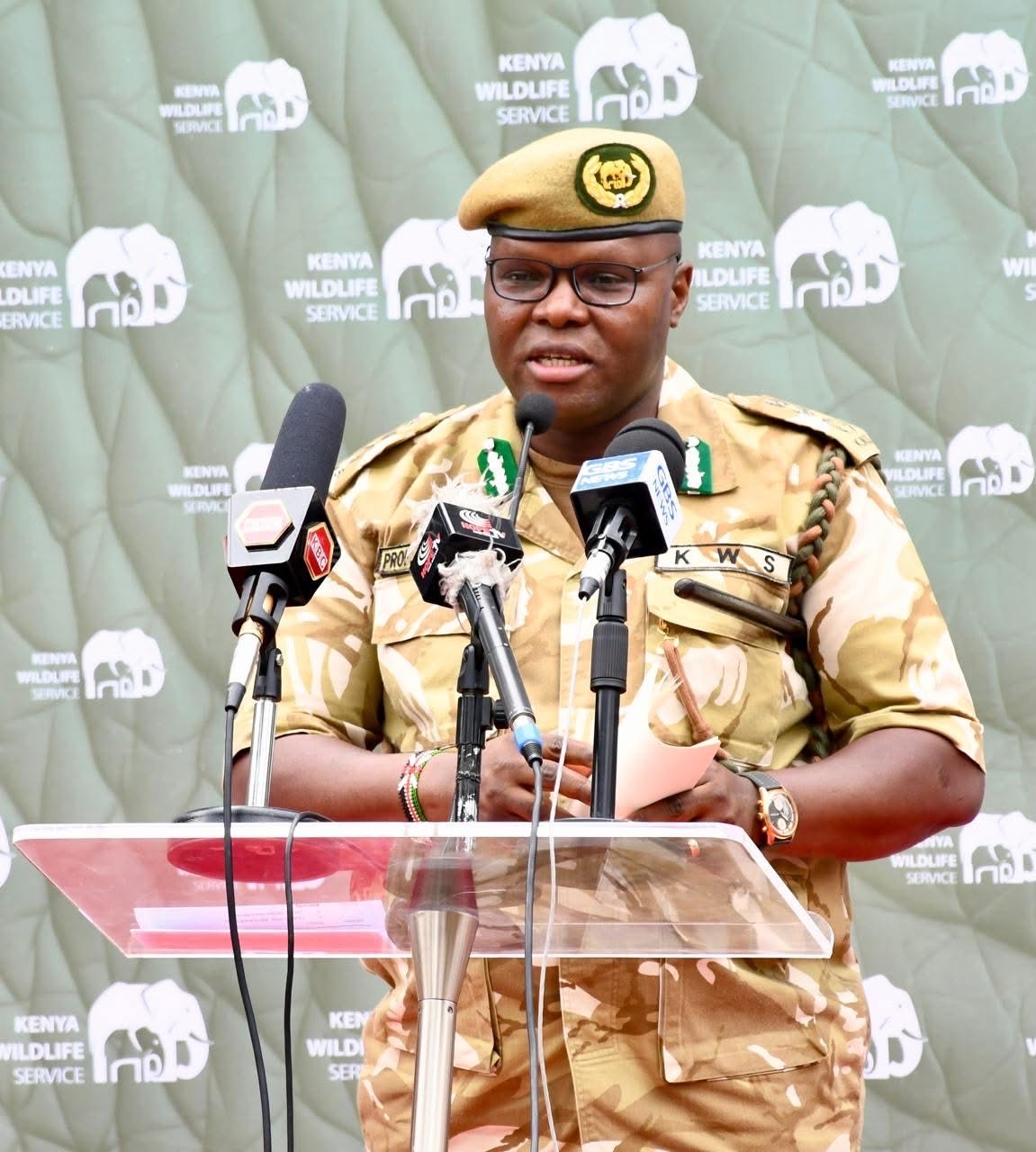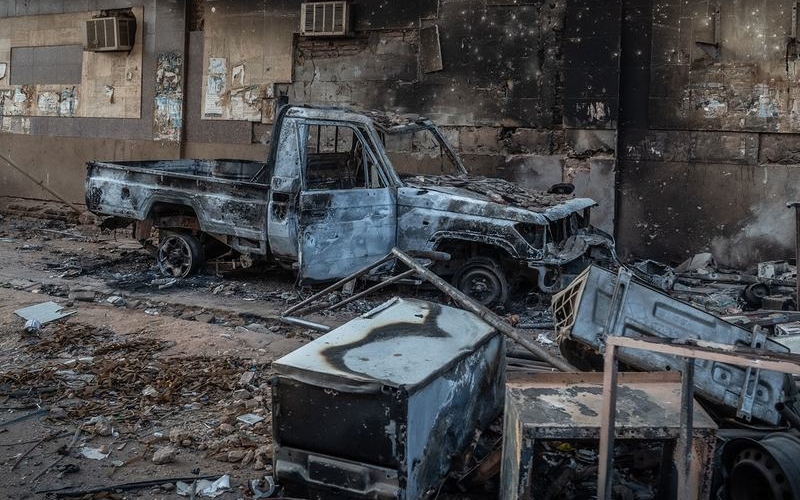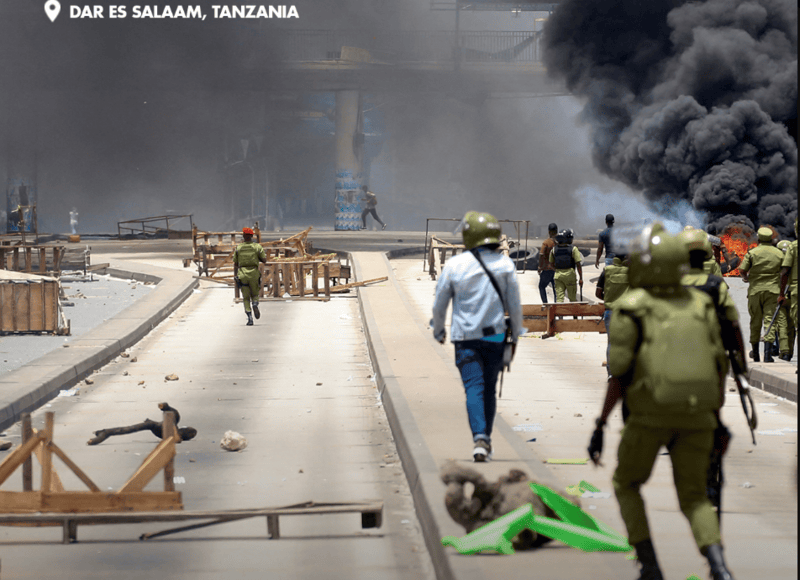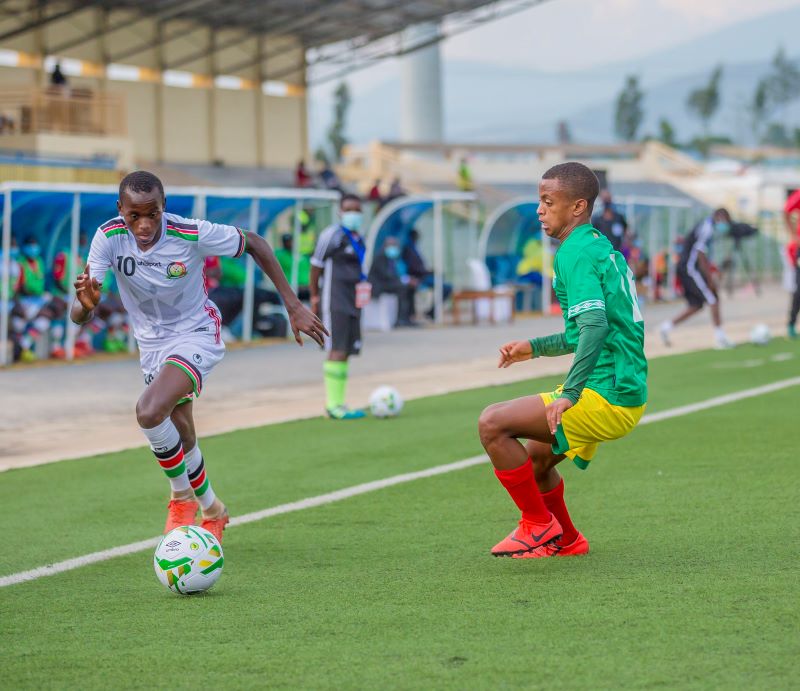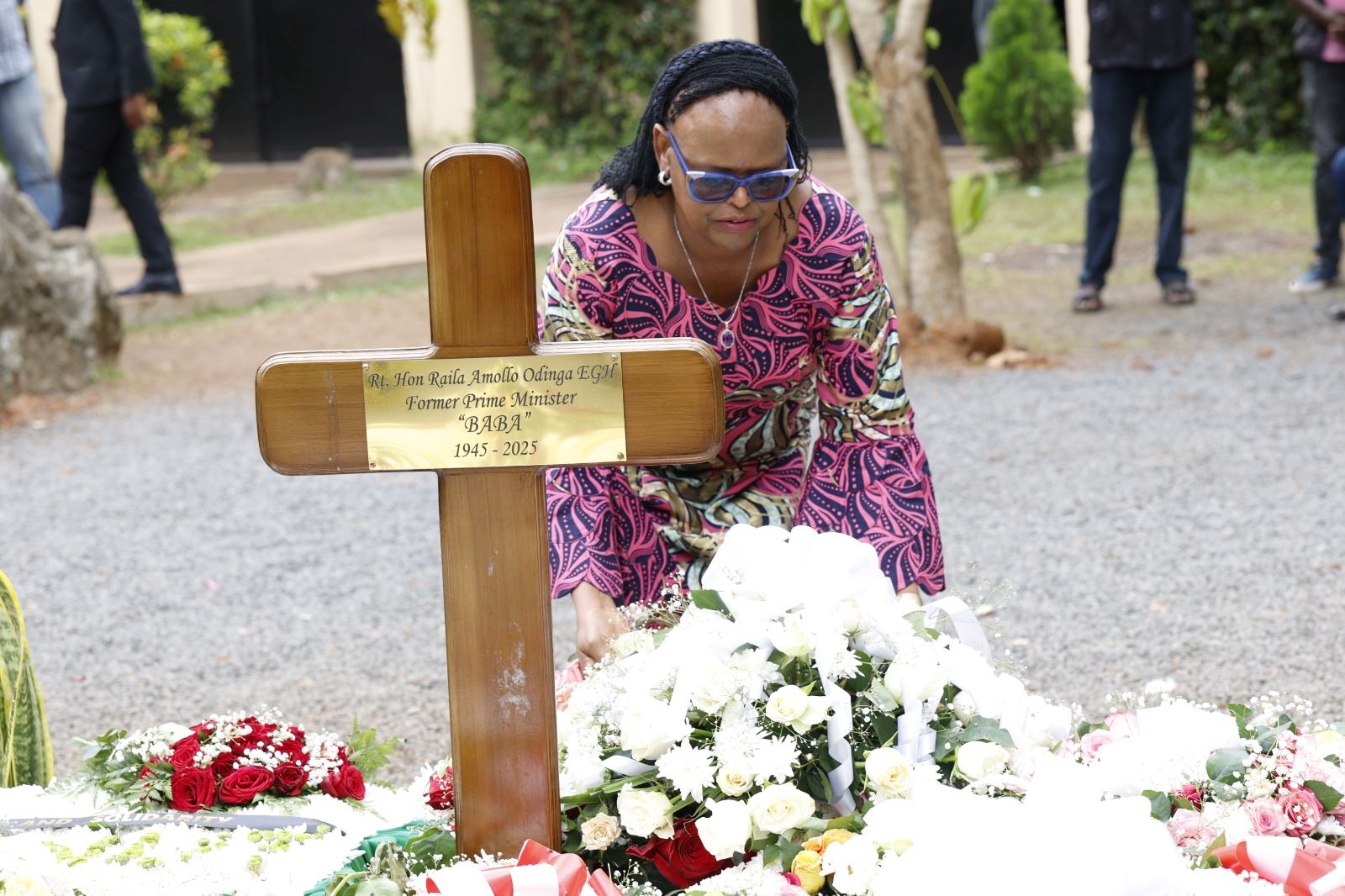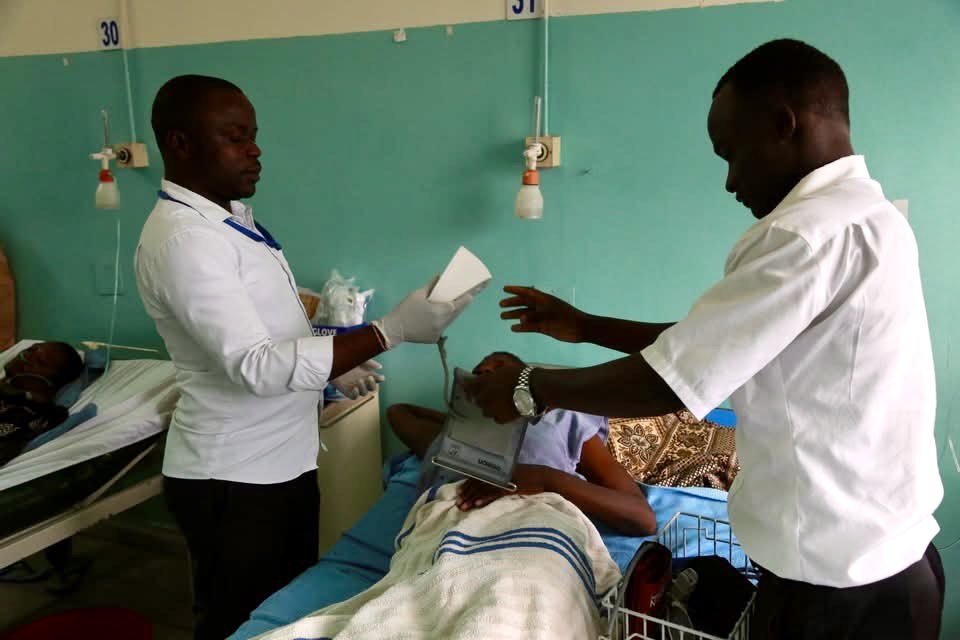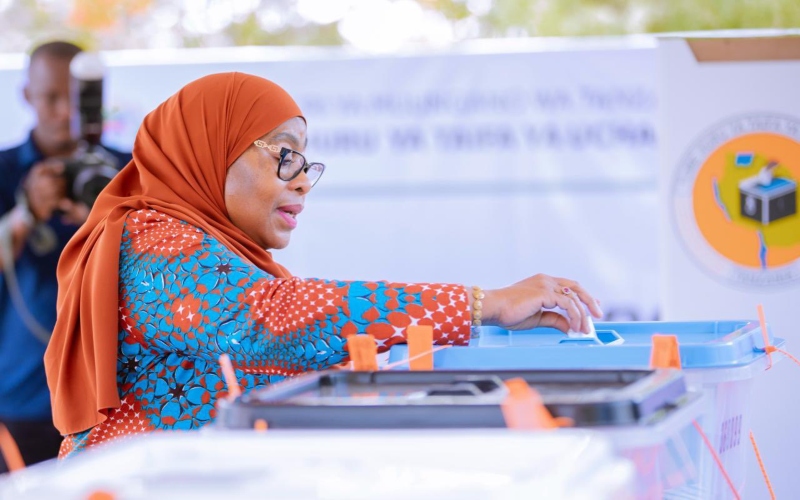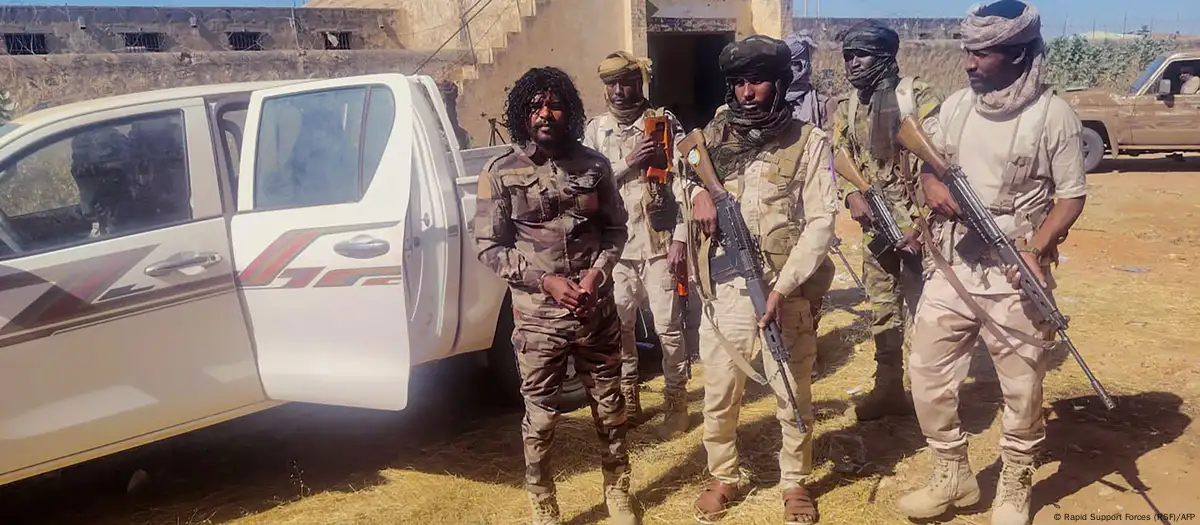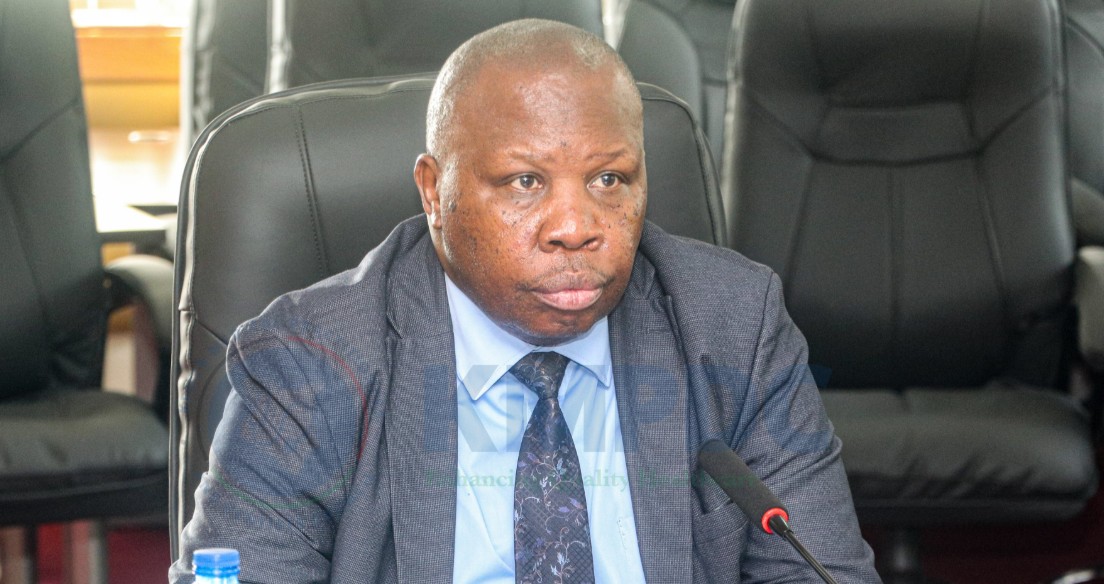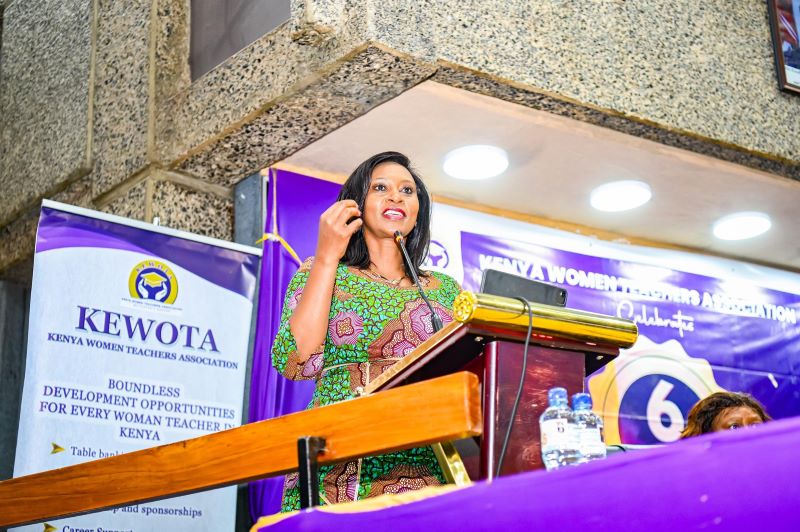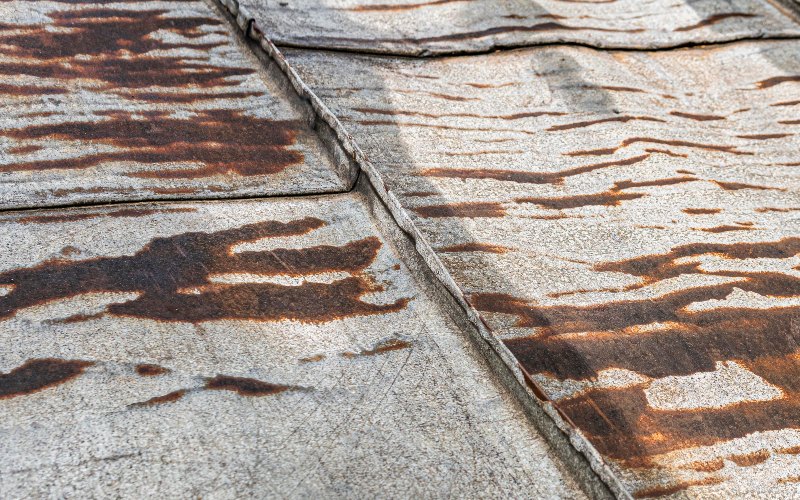Tens of thousands fleeing on foot amid atrocities in Sudan’s El Fasher
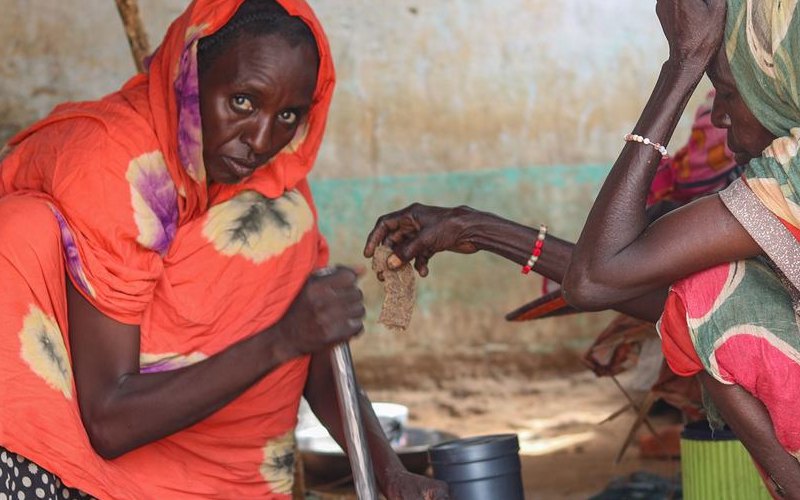
The RSF militia which grew out of the genocidal violence of the Darfur conflict 20 years ago, has been locked in a brutal conflict with the Sudanese Armed Forces (SAF) since April 2023
More details continued to emerge on Friday of atrocities committed during and after the fall of El Fasher to the Rapid Support Forces (RSF) militia in Sudan’s Darfur region.
More To Read
- MSF denounces atrocities in El Fasher, urges immediate action to aid trapped civilians
- Sudan war: Could involved foreign powers stop the war there?
- Sudan's RSF fighters reportedly arrested for 'violations'
- UN warns of ‘darker hell’ in El-Fasher after RSF seizes city
- Explainer: What does strategic Darfur city's fall mean for Sudan's deadly civil war
- ‘Blood on the sand, blood on the hands’: UN decries world’s failure as Sudan’s El Fasher falls
Since the powerful paramilitary group made a major incursion into the city last week, the UN human rights office has received “horrendous accounts of summary executions, mass killings, rapes, attacks against humanitarian workers, looting, abductions and forced displacement,” said Seif Magango, spokesperson for the UN human rights office (OHCHR).
Speaking from Nairobi to journalists in Geneva, Magango said numerous testimonies had been received from residents who had fled in terror as the city fell, then “survived the threatening journey to Tawila, approximately 70 kilometres away” – a journey that takes three to four days on foot.
Crowded camps in Tawila
More than 36,000 people have fled since Saturday, mostly on foot, to Tawila - a town west of El Fasher that is already sheltering more than 652,000 displaced people, according to the International Organisation for Migration (IOM).
The RSF militia, which grew out of the genocidal violence of the Darfur conflict 20 years ago, has been locked in a brutal conflict with the Sudanese Armed Forces (SAF) since April 2023.
Sudan has become the site of the world's largest humanitarian and displacement crisis on record, with about 14 million people displaced out of a population of 51 million. Famine is widespread, and outbreaks of cholera and other deadly diseases are increasing.
The RSF seized control of El Fasher, the capital of North Darfur state, following more than 500 days of siege, after forcing Sudan’s army to withdraw earlier this week.
Distressing reports indicate the killing of sick and wounded individuals inside the Saudi Maternity Hospital and in buildings in the Dara Jawila and Al-Matar neighbourhoods, which were being used as temporary medical centres.
The World Health Organisation (WHO) estimates that 460 patients and companions were killed during the alleged massacre.
“These extremely grave allegations raise urgent questions as to the circumstances of these killings in what should be places of safety,” Magango said.
He called for an independent, transparent and prompt investigation to ensure justice.
OHCHR has also received alarming reports of sexual violence from humanitarian partners on the ground.
“At least 25 women were gang raped when RSF’s forces entered a shelter for displaced people near El Fasher University. Witnesses confirm RSF’s personnel selected women and girls and raped them at gunpoint,” Magango said.
The pattern of violence has also targeted humanitarian workers and local volunteers supporting vulnerable communities in El Fasher.
Attacks on medics
The World Health Organisation (WHO) has corroborated reports of attacks on health facilities and personnel, condemning the abduction of six health workers - four doctors, a nurse and a pharmacist. The Saudi Maternity Hospital has been attacked five times in October alone.
Following the fall of El Fasher, the UN health agency is currently “unable to assist those who have been impacted, the injuries that have occurred from the multiple attacks against civilians,” explained Dr Teresa Zakaria, head of WHO’s Humanitarian Operations Unit.
WHO confirmed that 189 attacks have been verified in Sudan this year, resulting in 1,670 deaths and 419 injuries. “Eighty-six per cent of all these attack-related deaths have occurred this year alone, and this indicates that attacks are getting deadlier,” Dr Zakaria said.
Massive funding shortfall
“The Sudan Humanitarian Response Plan to date is only 27.4 per cent funded - a very, very big gap,” Dr Zakaria added.
“For the health sector itself, funding stands at 37 per cent, so we are struggling very much with resources. That’s why we are calling on the international community not to abandon the people of Sudan, because the main actors are our Sudanese organisations, who continue to be present and deliver assistance”.
With the capture of El Fasher, the RSF’s territorial control now extends across Darfur and parts of Sudan’s south, while the Sudanese Armed Forces (SAF) control the capital, Khartoum, and much of the country’s north and centre.
Top Stories Today
